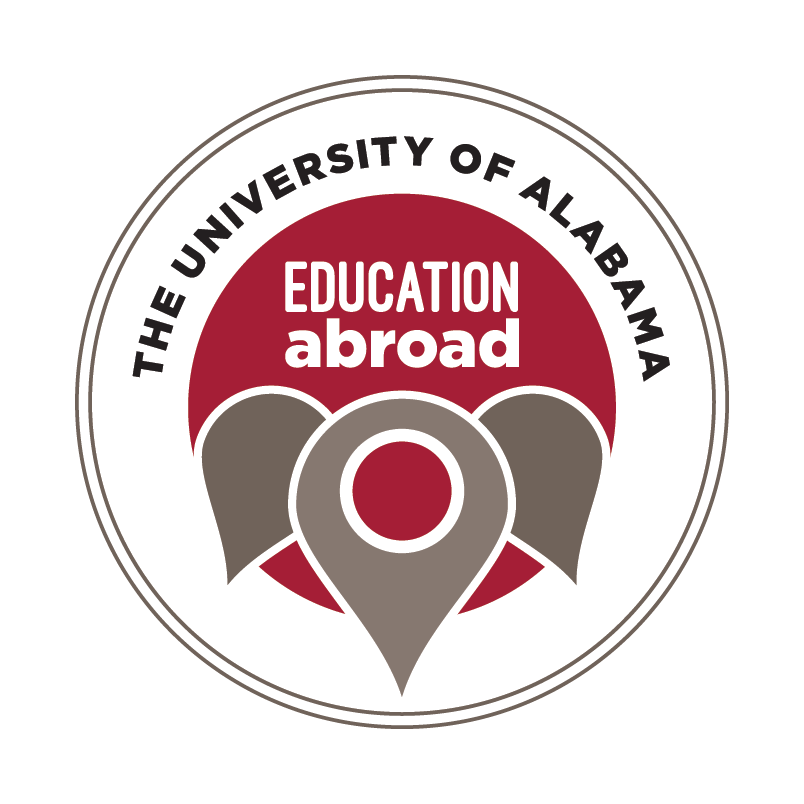I have been in Belgium for almost three weeks now, and it’s almost time to go home! This time in the program is very bittersweet, as I’m tired (travelling is a lot more work than you think!) and missing home, but I’m also nowhere near ready to leave Europe. This inner turmoil makes this the perfect time to write my next blog post and reflect on my time in Europe -the fun parts and the hard parts.
One thing you notice quickly in Europe is the lack of free bathrooms. Most bathrooms are found only in restaurants, for paying customers only, and if you’re lucky enough to find a public restroom in a park or metro station, you’ll likely still have to pay anywhere from €0.50- €1 to use it. At one restaurant I went to, even paying customers were charged an extra €2 to use the bathroom! About halfway through the trip, I finally found out that the City of Brussels website had a map with public restrooms, so definitely check to see if the city you’re abroad in has that. Another major difference from the US is the lack of freely available water. I only saw 3 public water filling stations-all in Brussels- and nearly every restaurant charges €2-5 for water. I brought a refillable water bottle that I filled up when I had access to a restroom, but as this access was mainly restricted to restaurant visits and museums where bathrooms were free, I still had to purchase water at times.
A positive difference I noticed across Europe, but especially in Brussels, was the higher quality of food, both in restaurants and in grocery stores. Because I often cooked breakfast and dinner to save money, I grew quite attached to the Carrefour Express near our hotel. Despite being a small convenience store, the ingredients there were AMAZING, and even meals I cooked myself were noticeably better than if I had made them at home. It is important to bring a few reusable bags, though, as stores in Europe often charge for the use of grocery bags. You are also expected to bag your own groceries in Europe. It’s worth it for some fresh and cheap groceries though.
An amazing aspect of studying abroad in Europe is the ease with which you can travel to other countries. During my 3 weeks here, I’ve traveled to 4 other countries beside Belgium. Two of the countries, the UK and France, were organized trips through the program, but we also had a free weekend where a few of us travelled to Cologne, Germany and then Amsterdam, Netherlands. I also took a few day trips to other cities in Belgium: Antwerp, Ghent, and an organized group trip to Bruges. When travelling across Europe, it’s important to plan ahead and do your research. Trains are the fastest and most comfortable option for international travel-besides flying, of course- but many of use elected to take buses instead, which saved us about a good bit of money. I will advise you to expect the unexpected when it comes to cheap transportation though. Our bus to Cologne got delayed 3 hours and had technical difficulties en route, so we didn’t get to Germany until close to 4 AM. Our hotel was also not what we expected-we had no AC for our entire two night stay and had to sleep with windows open! Definitely do your research and make sure to plan with adaptability and safety in mind, as well as your budget.
Lastly, don’t be intimidated by the language barrier, but also don’t ignore it. In Brussels, most people speak English, and I only met one cashier who didn’t. I will say, however, that the language barrier changed my plans for cell service once I got here. I had originally planned to not get an international cell phone plan and just use wifi. That quickly changed, however, as I realized that free wifi is hard to come by across Europe, and I often needed service to translate signs and grocery labels, as well as to navigate. I also found the language barrier much more difficult to overcome in other parts of Belgium where Dutch is more prevalent and in other parts of Europe where English is less-widely spoken.
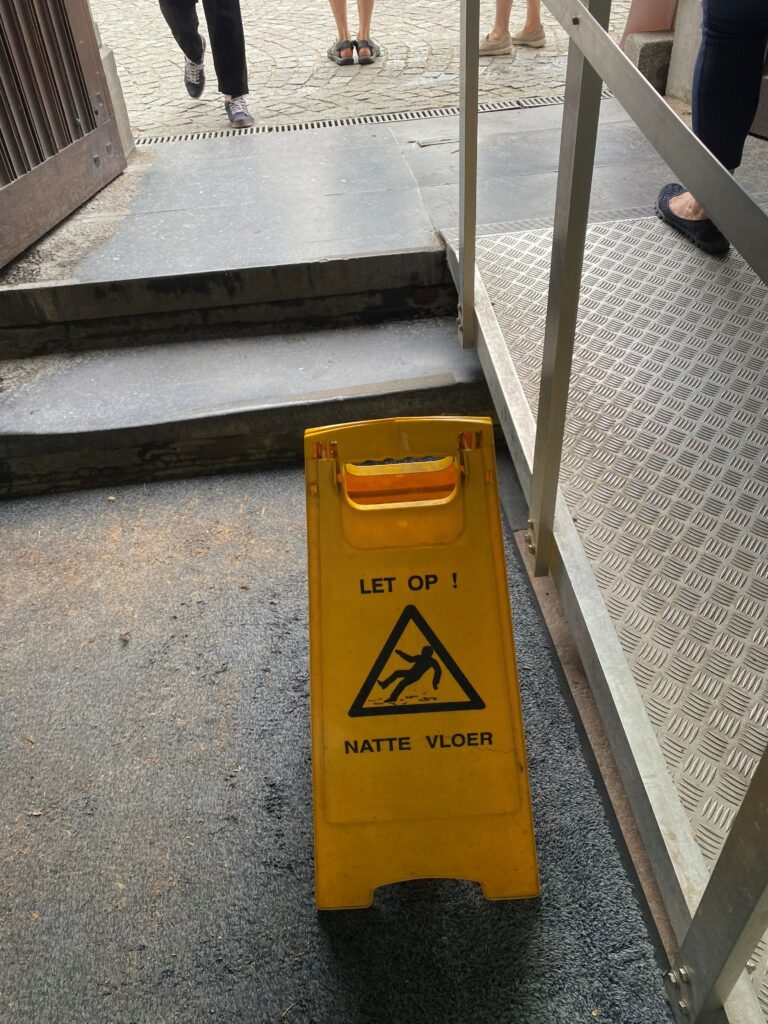
Overall, I have loved my experience in Europe these past three weeks. I have learned so much, not only about foreign policy in Brussels and the EU, but also about how to adapt to new experiences, cultures, and languages and expand my perspective on a global scale.
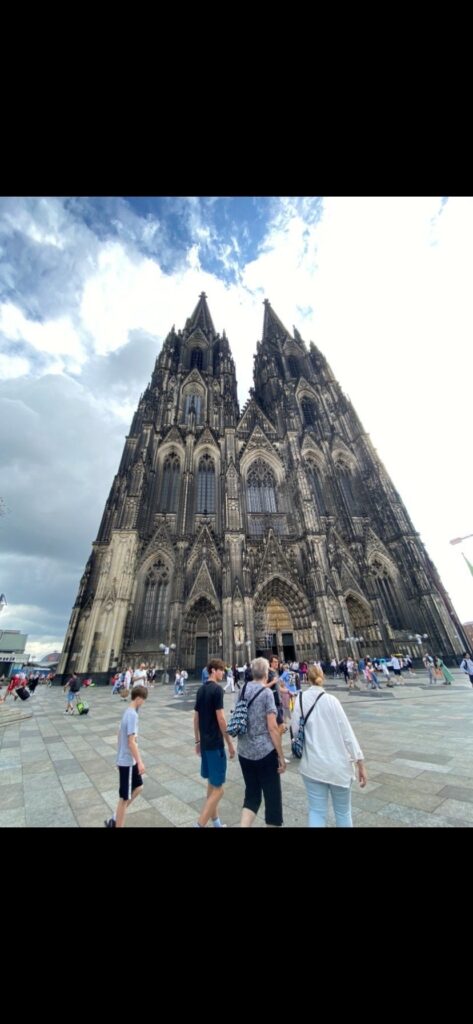
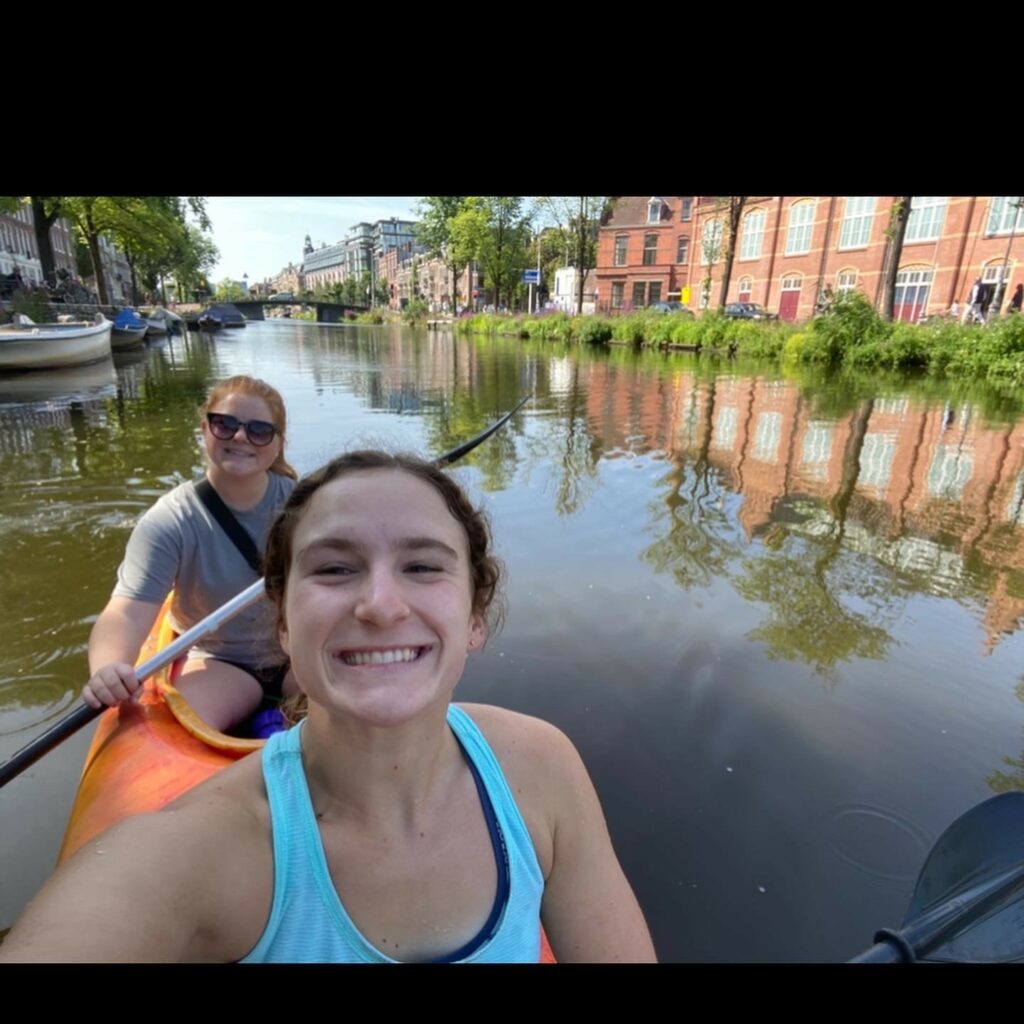
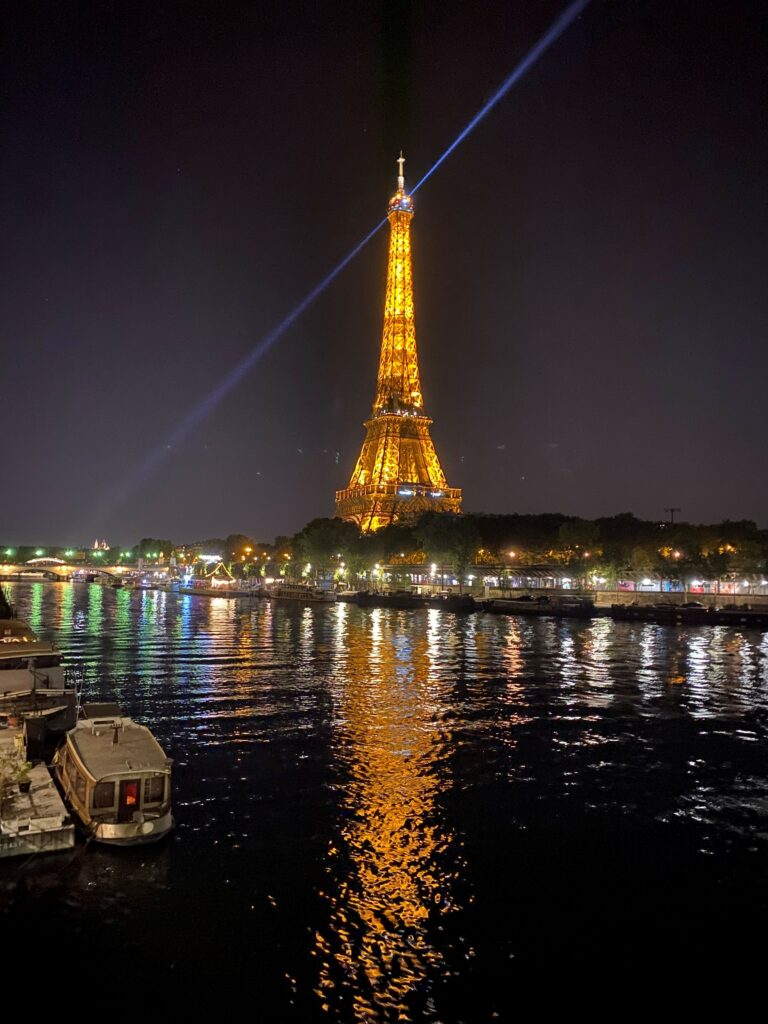
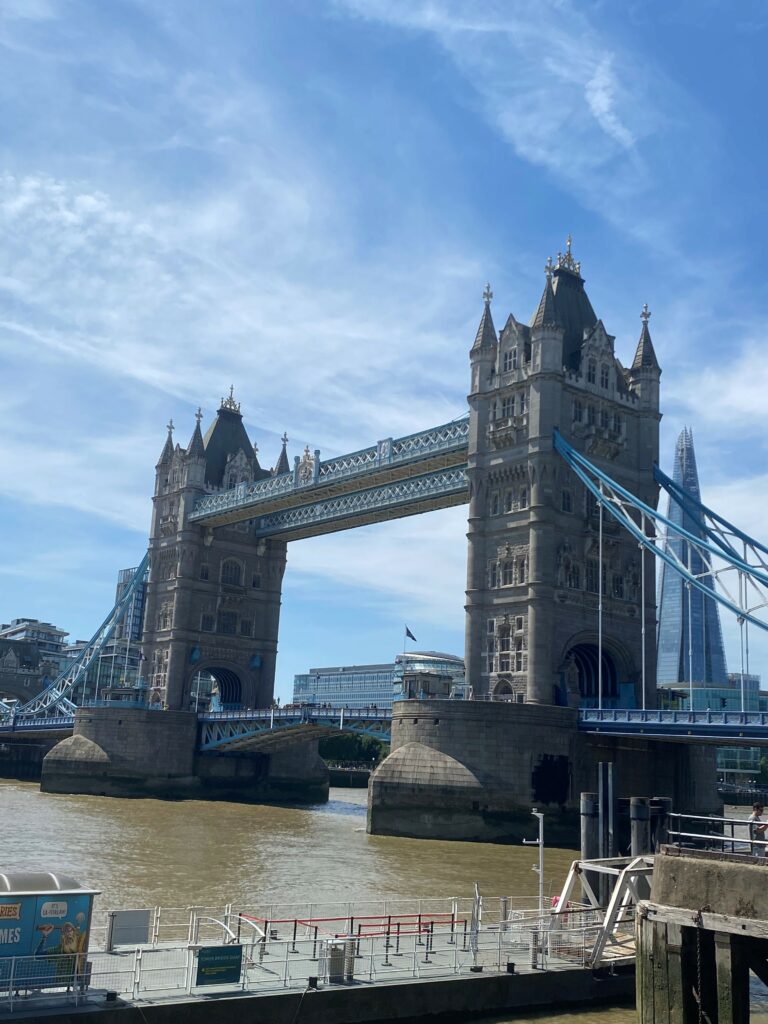
London Bridge (London, UK)
Au revoir et a bientot!
